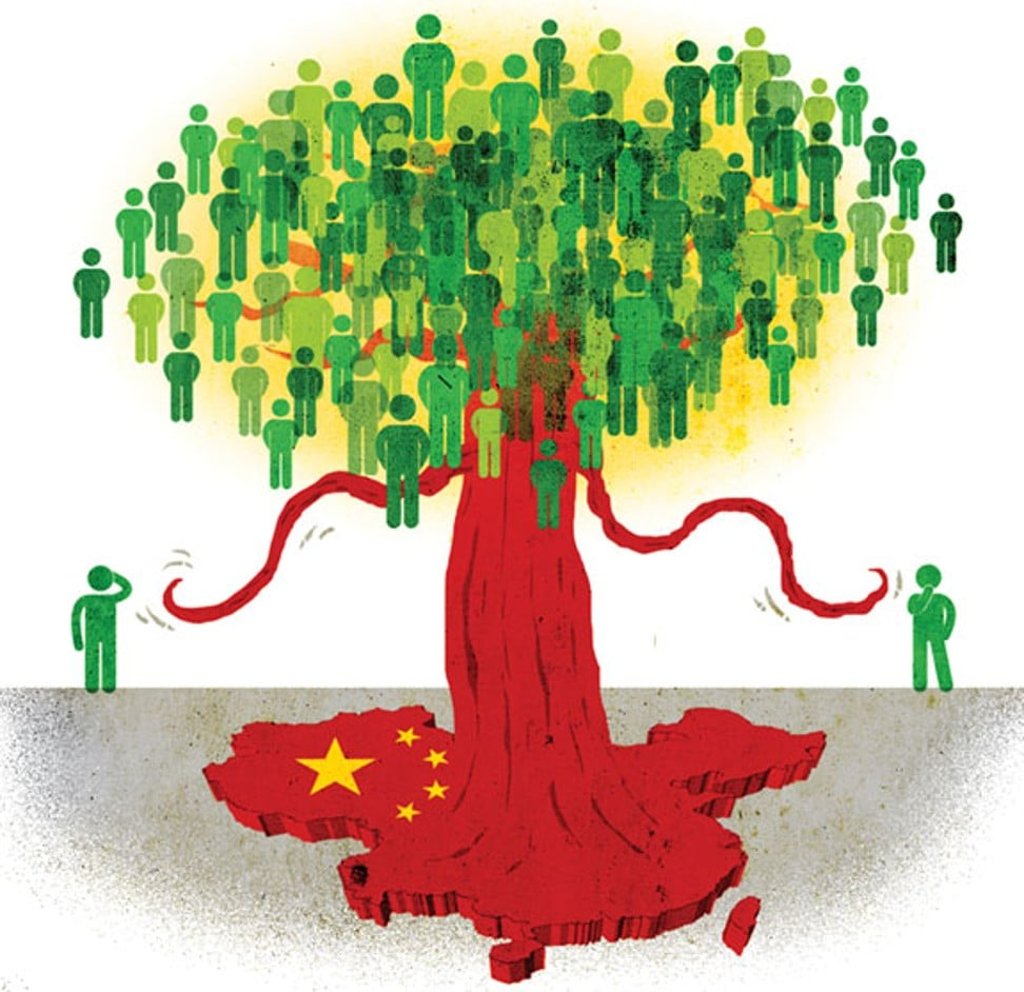Reflections | Why ethnic Chinese in Southeast Asia don’t owe their loyalty to China
‘China is to most of us what Britain is to most Americans or Australians with British antecedents: the country of our ancestors, but not ours’, says Singaporean columnist

A resurgent China’s attempts at projecting its power beyond its borders have caused some consternation among ethnic Chinese overseas.
Next-door neighbour Southeast Asia, which for generations has been home to millions of people whose ancestors were immigrants from China, has in recent years been on the receiving end of Beijing’s covert and overt influence, both economic and political.
Contrary to its declaration at the 1955 Bandung Conference, that overseas Chinese owed their loyalty to their home nations and not China, recent events, as well as actions and statements by some Chinese officials, suggest that China is now trying to incorporate ethnic Chinese in Southeast Asia and elsewhere in the world as influencers, or maybe even more, in its ongoing narrative of Chinese renaissance.

Unlike Southeast Asia’s Chinese communities in the past, or even independent states such as the Lanfang Republic (1777-1884), founded by Hakka Chinese immigrants in western Borneo, we no longer need or want Chinese protection or recognition for our existence.
If China plays nice, we may even grow to like the country and its people, and not just their money.
